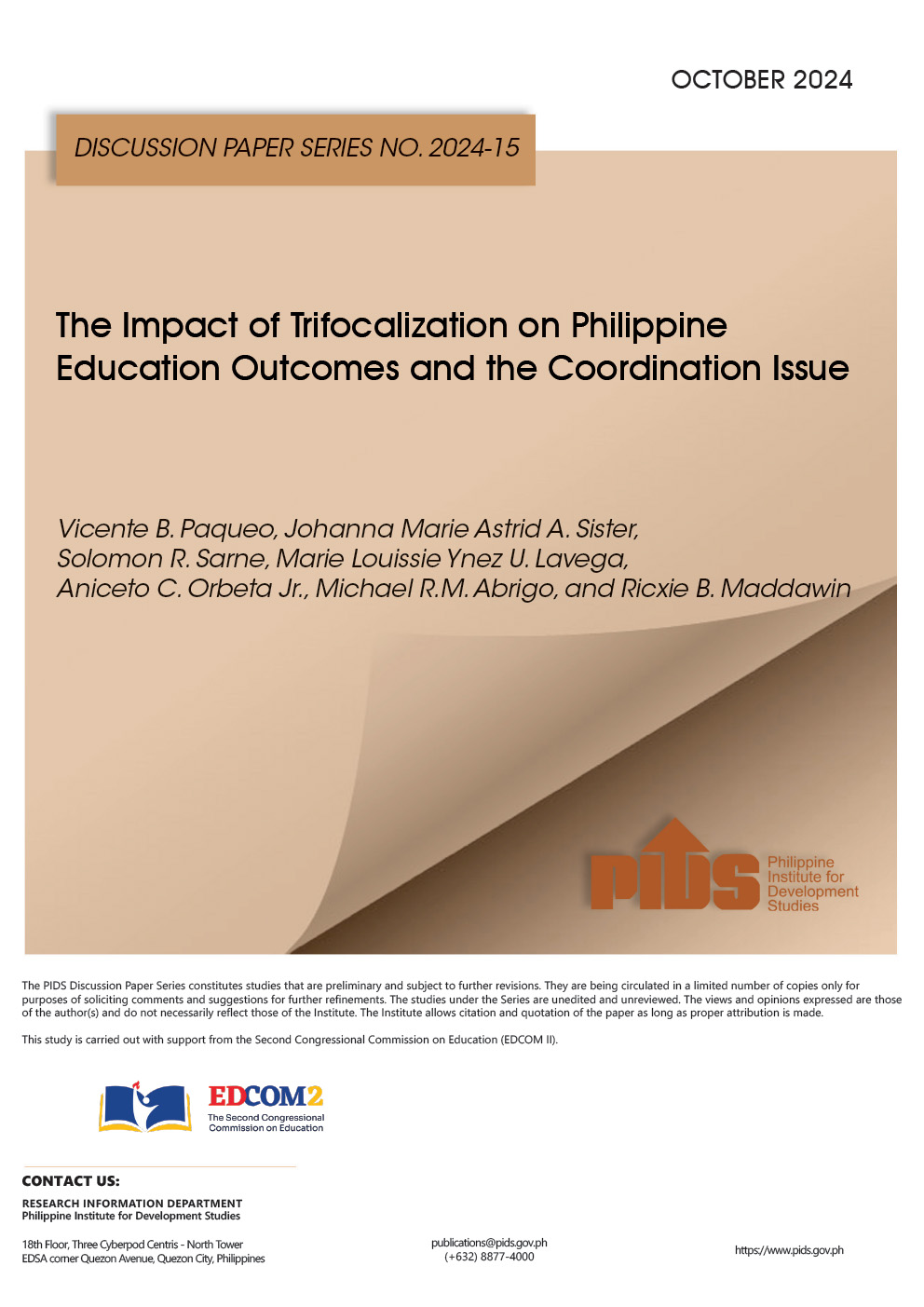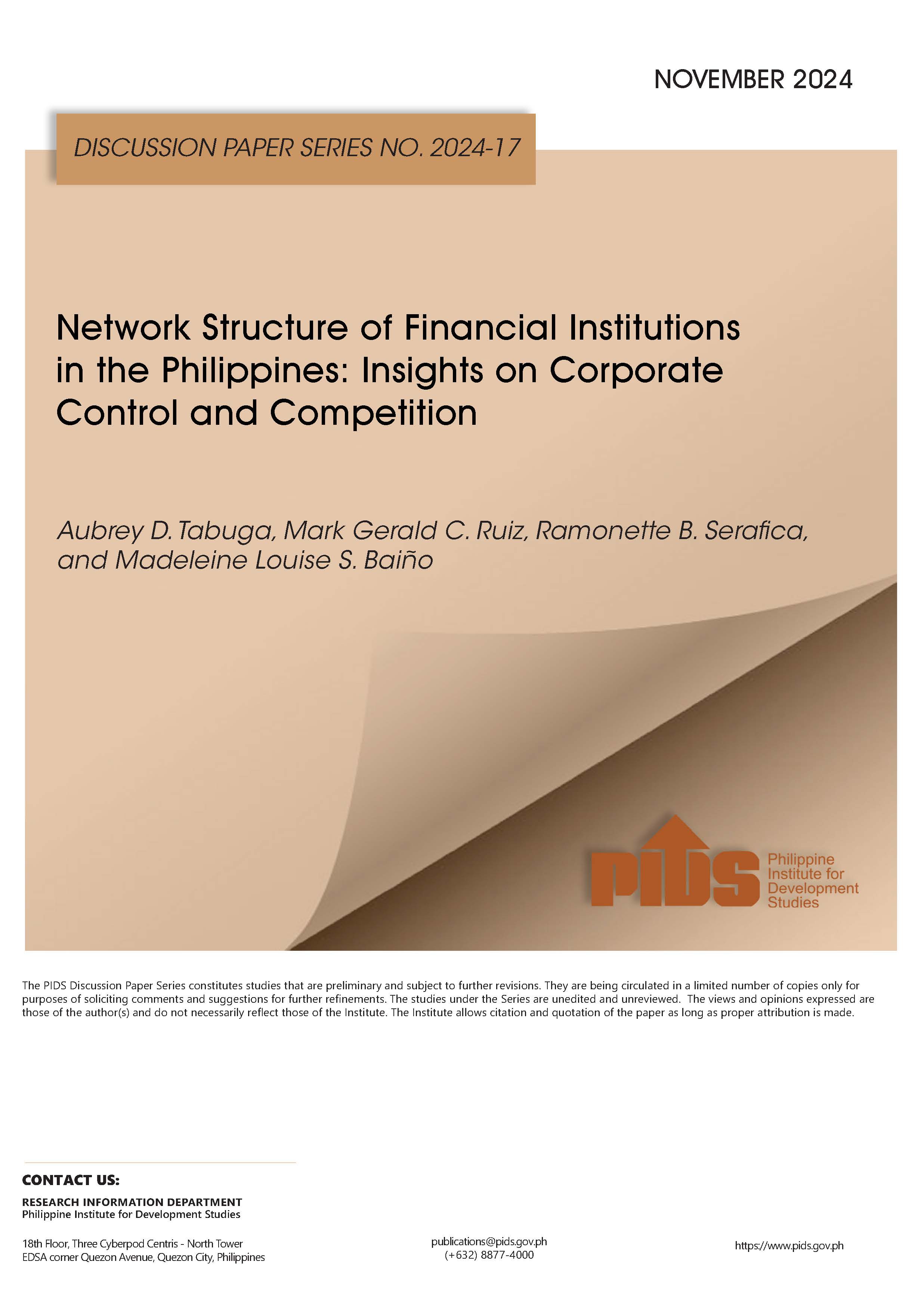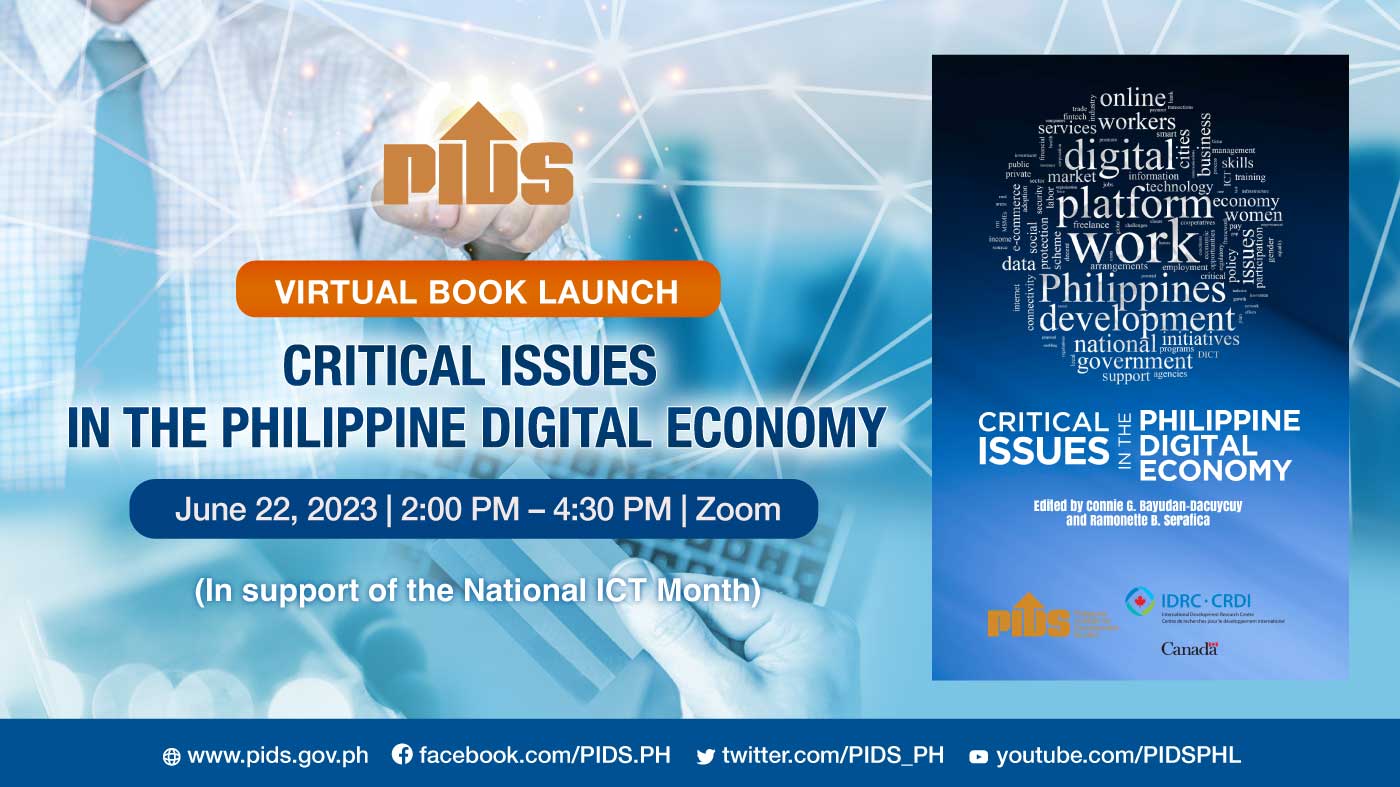Election fever kicked-off in the Philippines in October as several prominent public figures filed their candidacies for president.
A variety of candidates has emerged including: boxing legend and senator Manny Pacquiao, incumbent Manila Mayor Isko Moreno, former Philippine police chief and senator Panfilo Lacson, opposition leader and current Vice President Leni Robredo, former police chief and incumbent Senator Ronald dela Rosa, and former senator Ferdinand ‘Bongbong’ Marcos Jr (son of the country’s ex-dictator).
A September opinion poll put Sara Duterte-Carpio, outgoing Mayor of Davao City and daughter of current President Rodrigo Duterte, as the top choice among likely presidential candidates, garnering about 20 per cent of voters’ support. She was followed by Marcos Jr on 15 per cent, Moreno on 13 per cent, Pacquiao on 12 per cent, Robredo on 8 per cent and Lacson on 6 per cent.
Philippine Senate President Tito Sotto, Lacson’s running mate, was the most favoured choice for vice president. In October, Duterte-Carpio filed a re-election bid for Davao City Mayor but many observers expected her to run for president by the 15 November deadline for substitutions (as was done by her father six years prior). Yet when she backed out of the Davao City mayoral race, she decided to become a vice presidential candidate, teaming up with Marcos Jr on the Federal Party of the Philippines’ ticket.
The fragmented opposition against Duterte, which is split among Robredo, Moreno and Lacson or undecided, gave Marcos Jr a wide lead over the pack in the latest poll conducted in November with a 47 per cent share of likely votes. If surveys reflect the public pulse, Marcos Jr consolidated his share of supporters with those preferring Duterte-Carpio. Nearly half of survey respondents prefer Marcos Jr over Robredo.
Ronald dela Rosa eventually withdrew his presidential candidacy in favour of senator Bong Go, the loyal former aide of Duterte. Go filed for the post of vice president, backed out and then filed a presidential candidacy. Go has, however, recently bowed out of the presidential race.
Supporters of Robredo were pleased with an improved performance that included a re-branding of her campaign, using the colour pink over the traditional yellow, which identified her with the Philippine Liberal Party that she heads. Still, supporters of President Duterte coined a derogatory term dilawan (‘yellow supporters’) for the opposition, including Robredo, as a symbol of elitism that represents Philippine inequalities.
Robredo’s campaign makes use of grassroots volunteers and novel social movement tactics. Yet limited campaign funding may forestall it. Other candidates have caught the attention of business leaders, who are likely to dole out their funds to those with winning potential.
While Duterte is viewed as a lame duck, he is the country’s most popular president and may still manage to influence the results of the 2022 presidential election. Still, his popularity has begun to fall, receiving a 67 per cent satisfaction rating in September (down from 75 per cent in June and a record high of 82 per cent in November 2020) amid an International Criminal Court investigation of his drug war.
Duterte’s recent insinuation that one of the presidential candidates is a cocaine user (widely believed to be Marcos Jr) may hurt the chances of his daughter in garnering the vice-presidency. The drug-use accusations against Marcos Jr even led him to undergo a drug test to dispel the allegations.
The presidency might elude the Marcos Jr and Duterte-Carpio ticket, despite a growing bandwagon of traditional politicians — especially from Philippine political dynasties — giving their blessings to the pair. The son of the former dictator not only needs to steer clear of the drug-use allegation, but is also hounded by several election disqualification cases for a court conviction of tax evasion and for falsifying in his certificate of candidacy that he was not convicted. Worse still for Marcos Jr, neither Robredo, Moreno, Pacquiao nor Lacson will likely withdraw from the race.
Voter sentiments are hardly constant, but survey results, which can be inputs to campaign strategies, often converge about a month before voting. Still, the 2022 election outcome is far from set in stone. More drama will arise in the months to come, making any forecast challenging, if not impossible.
A variety of candidates has emerged including: boxing legend and senator Manny Pacquiao, incumbent Manila Mayor Isko Moreno, former Philippine police chief and senator Panfilo Lacson, opposition leader and current Vice President Leni Robredo, former police chief and incumbent Senator Ronald dela Rosa, and former senator Ferdinand ‘Bongbong’ Marcos Jr (son of the country’s ex-dictator).
A September opinion poll put Sara Duterte-Carpio, outgoing Mayor of Davao City and daughter of current President Rodrigo Duterte, as the top choice among likely presidential candidates, garnering about 20 per cent of voters’ support. She was followed by Marcos Jr on 15 per cent, Moreno on 13 per cent, Pacquiao on 12 per cent, Robredo on 8 per cent and Lacson on 6 per cent.
Philippine Senate President Tito Sotto, Lacson’s running mate, was the most favoured choice for vice president. In October, Duterte-Carpio filed a re-election bid for Davao City Mayor but many observers expected her to run for president by the 15 November deadline for substitutions (as was done by her father six years prior). Yet when she backed out of the Davao City mayoral race, she decided to become a vice presidential candidate, teaming up with Marcos Jr on the Federal Party of the Philippines’ ticket.
The fragmented opposition against Duterte, which is split among Robredo, Moreno and Lacson or undecided, gave Marcos Jr a wide lead over the pack in the latest poll conducted in November with a 47 per cent share of likely votes. If surveys reflect the public pulse, Marcos Jr consolidated his share of supporters with those preferring Duterte-Carpio. Nearly half of survey respondents prefer Marcos Jr over Robredo.
Ronald dela Rosa eventually withdrew his presidential candidacy in favour of senator Bong Go, the loyal former aide of Duterte. Go filed for the post of vice president, backed out and then filed a presidential candidacy. Go has, however, recently bowed out of the presidential race.
Supporters of Robredo were pleased with an improved performance that included a re-branding of her campaign, using the colour pink over the traditional yellow, which identified her with the Philippine Liberal Party that she heads. Still, supporters of President Duterte coined a derogatory term dilawan (‘yellow supporters’) for the opposition, including Robredo, as a symbol of elitism that represents Philippine inequalities.
Robredo’s campaign makes use of grassroots volunteers and novel social movement tactics. Yet limited campaign funding may forestall it. Other candidates have caught the attention of business leaders, who are likely to dole out their funds to those with winning potential.
While Duterte is viewed as a lame duck, he is the country’s most popular president and may still manage to influence the results of the 2022 presidential election. Still, his popularity has begun to fall, receiving a 67 per cent satisfaction rating in September (down from 75 per cent in June and a record high of 82 per cent in November 2020) amid an International Criminal Court investigation of his drug war.
Duterte’s recent insinuation that one of the presidential candidates is a cocaine user (widely believed to be Marcos Jr) may hurt the chances of his daughter in garnering the vice-presidency. The drug-use accusations against Marcos Jr even led him to undergo a drug test to dispel the allegations.
The presidency might elude the Marcos Jr and Duterte-Carpio ticket, despite a growing bandwagon of traditional politicians — especially from Philippine political dynasties — giving their blessings to the pair. The son of the former dictator not only needs to steer clear of the drug-use allegation, but is also hounded by several election disqualification cases for a court conviction of tax evasion and for falsifying in his certificate of candidacy that he was not convicted. Worse still for Marcos Jr, neither Robredo, Moreno, Pacquiao nor Lacson will likely withdraw from the race.
Voter sentiments are hardly constant, but survey results, which can be inputs to campaign strategies, often converge about a month before voting. Still, the 2022 election outcome is far from set in stone. More drama will arise in the months to come, making any forecast challenging, if not impossible.











